
Canadian Prime Minister Justin Trudeau said his government will ban a number of single-use plastic products and will support establishing extended producer responsibility for plastic items.

Canadian Prime Minister Justin Trudeau said his government will ban a number of single-use plastic products and will support establishing extended producer responsibility for plastic items.
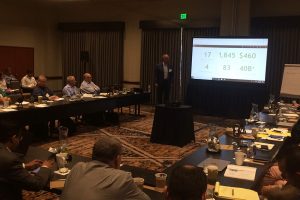 Brands across the globe are announcing goals to use high levels of recycled plastic. But the companies that actually deliver PCR to the market are predicting a major hurdle: supply shortfalls.
Brands across the globe are announcing goals to use high levels of recycled plastic. But the companies that actually deliver PCR to the market are predicting a major hurdle: supply shortfalls.
A labels provider is selling a pressure-sensitive option that cleanly separates and floats during the PET recycling process. Meanwhile, a chemical company unveiled two recycling-friendly shrink sleeve label products.
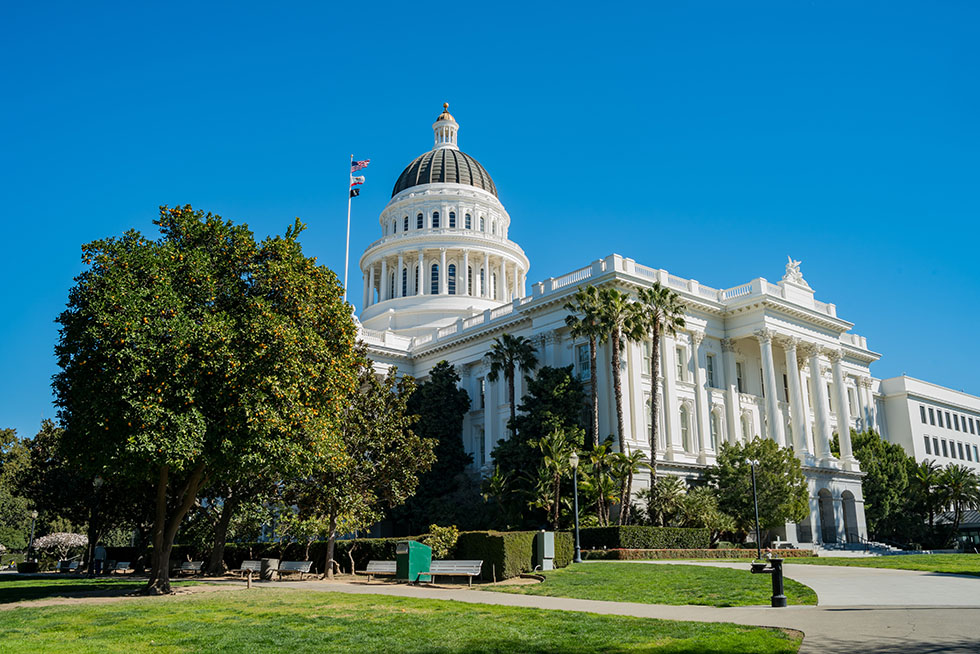
A pair of California bills taking aim at single-use plastic packaging are getting close to the governor’s desk.
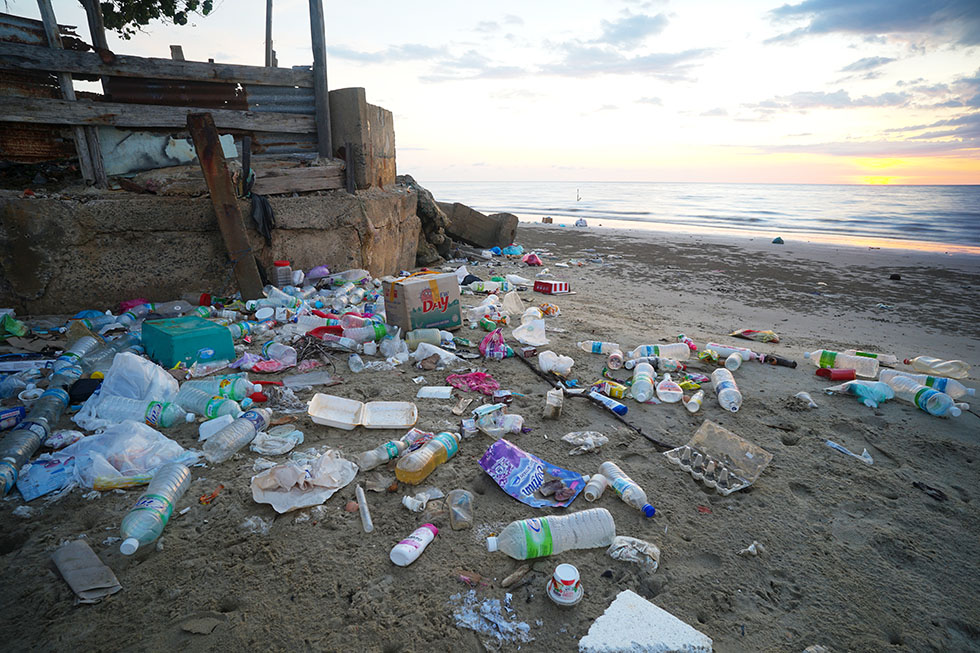 The U.S. government is using the power of the federal purse to help boost recycling infrastructure in Asia.
The U.S. government is using the power of the federal purse to help boost recycling infrastructure in Asia.
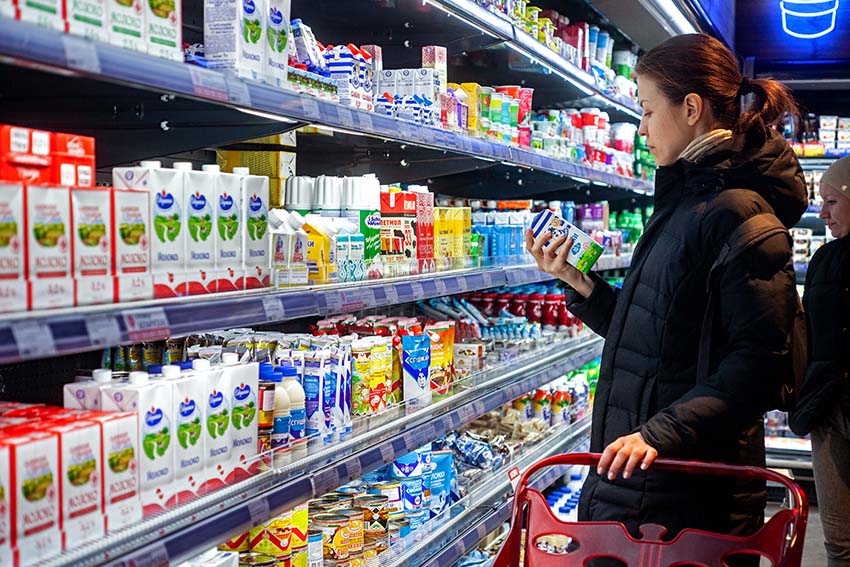 If a brand owner puts a “not recyclable” label on its packaging, consumers are likely to appreciate the honesty rather than frown on that company, survey results suggest.
If a brand owner puts a “not recyclable” label on its packaging, consumers are likely to appreciate the honesty rather than frown on that company, survey results suggest.
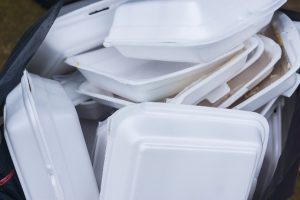 Maine lawmakers approved the first statewide prohibition on polystyrene foodservice packaging last week. The plastics industry quickly criticized the move.
Maine lawmakers approved the first statewide prohibition on polystyrene foodservice packaging last week. The plastics industry quickly criticized the move.
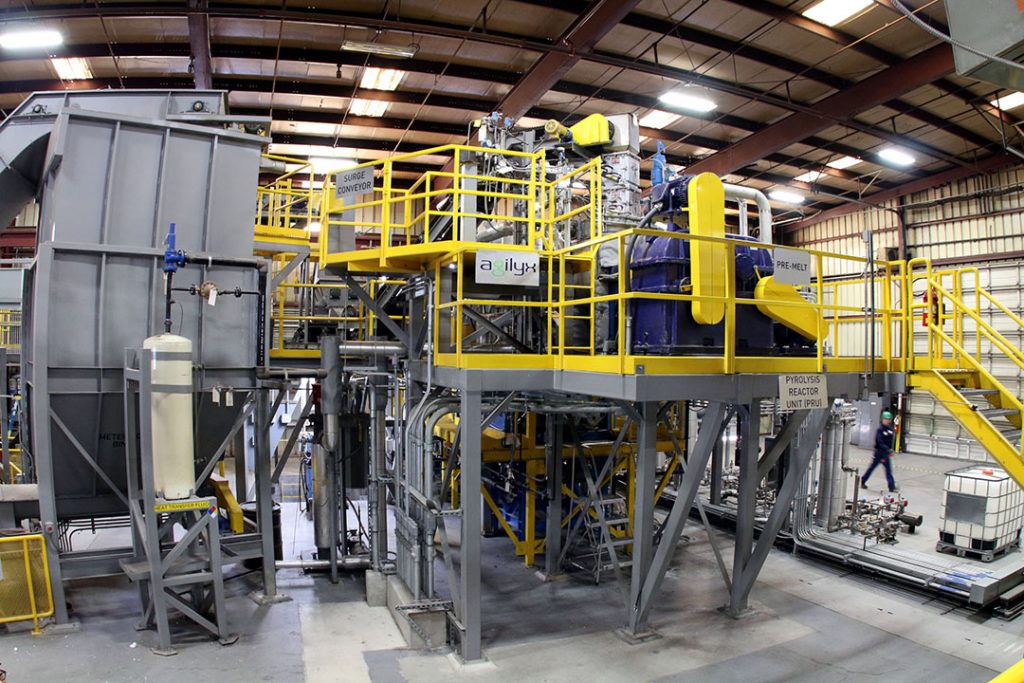
The Agilyx polystyrene processing facility in Oregon.
At least 60 organizations are working to scale up depolymerization, pyrolysis and other emerging plastic processing methods. The North American market for the resulting products could top $100 billion annually.

The Iowa Statehouse in Des Moines.
Lawmakers in Iowa and Tennessee recently passed legislation that eases regulation for gasification and pyrolysis facilities that handle recovered polymers.

